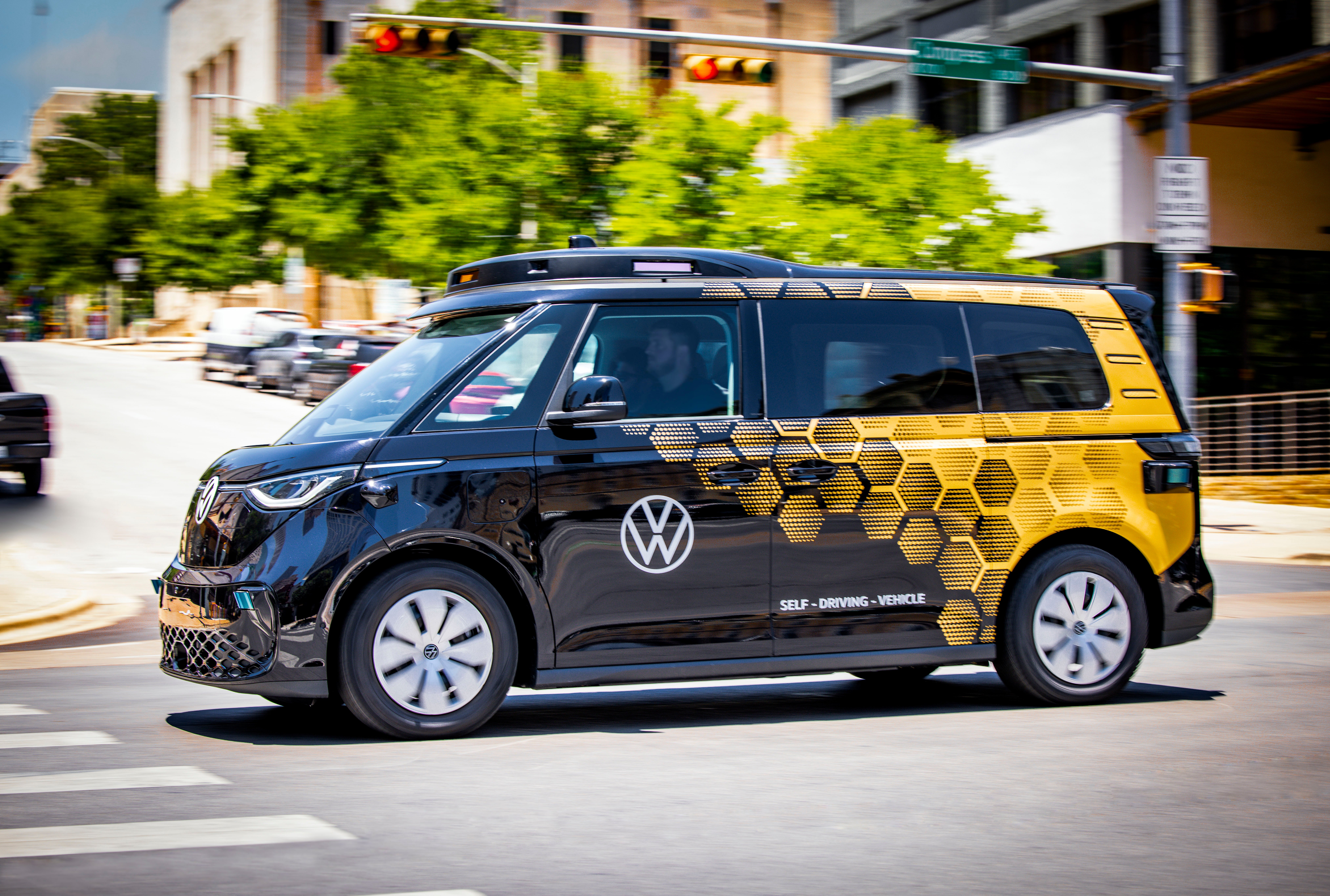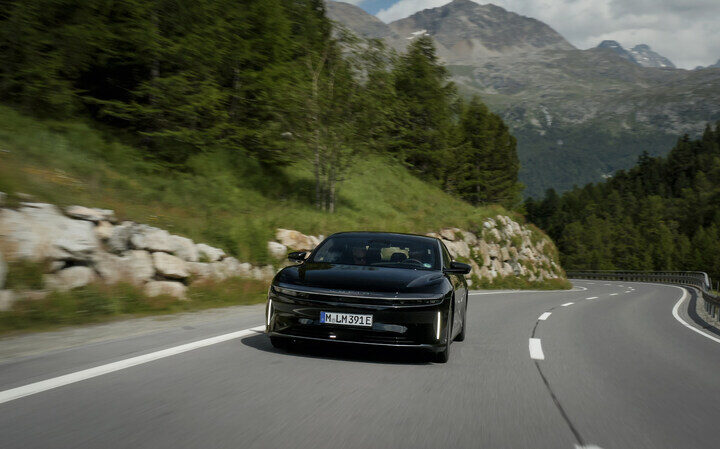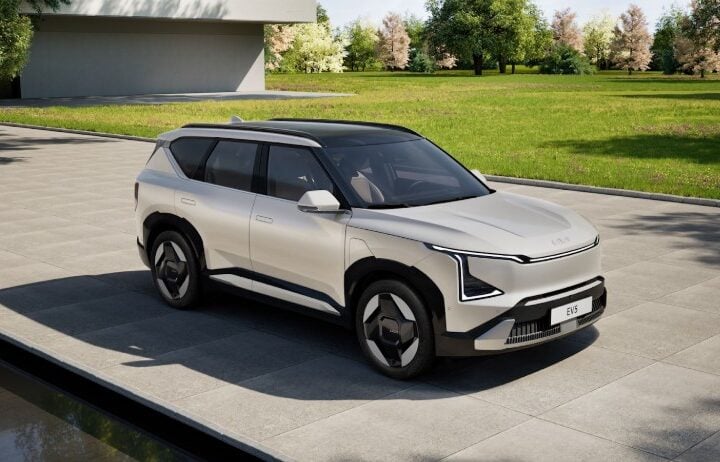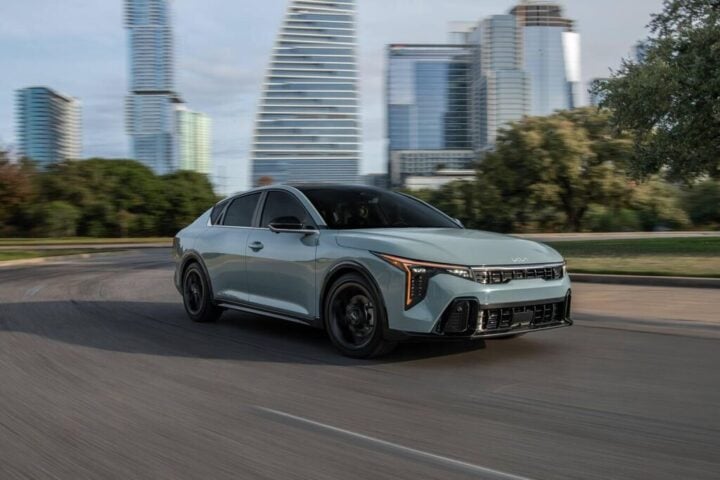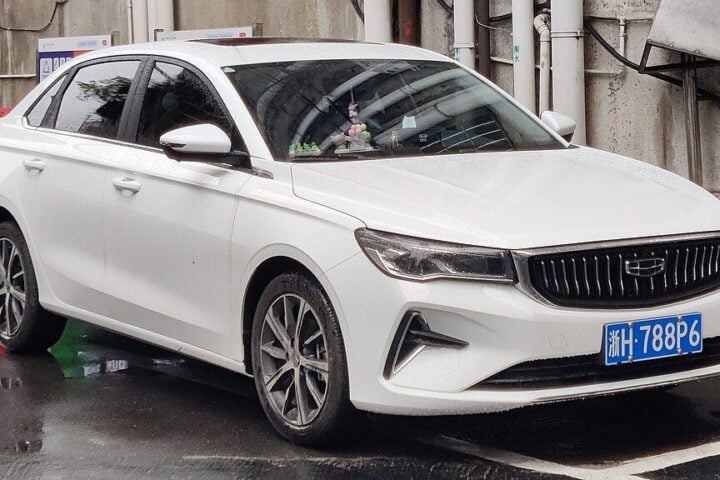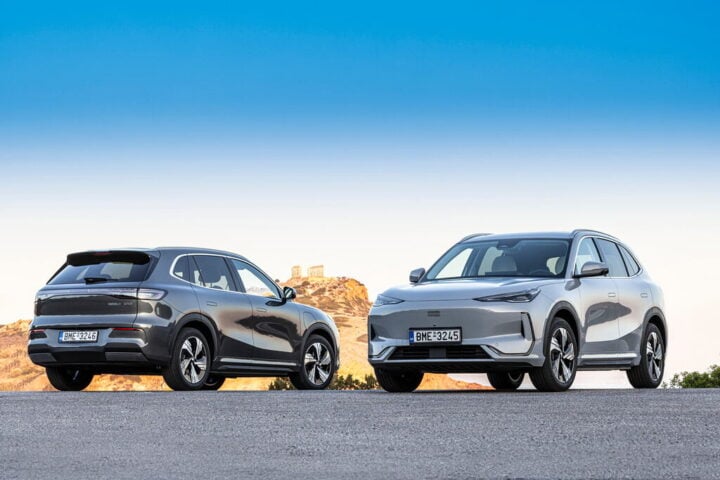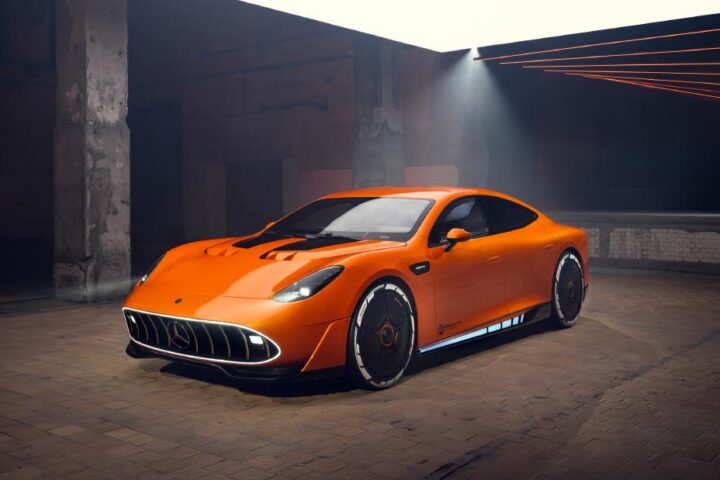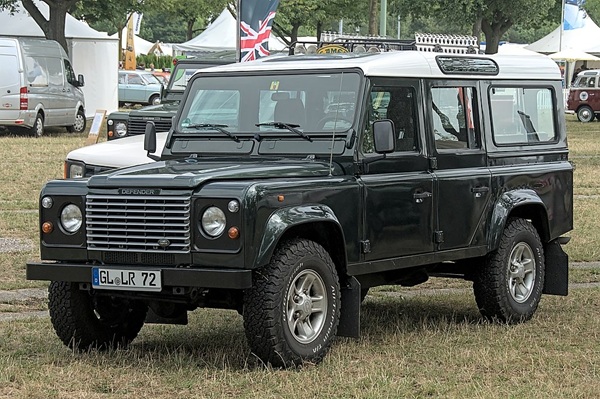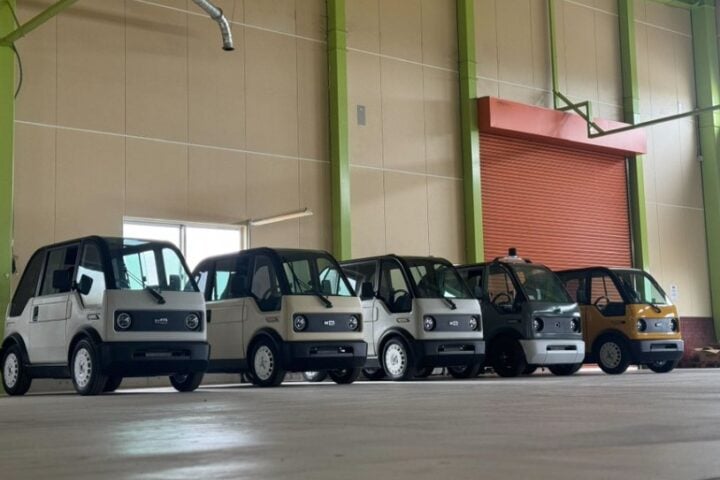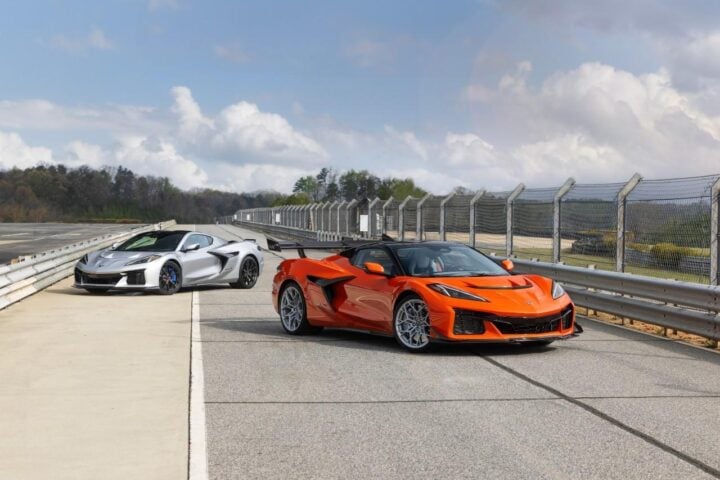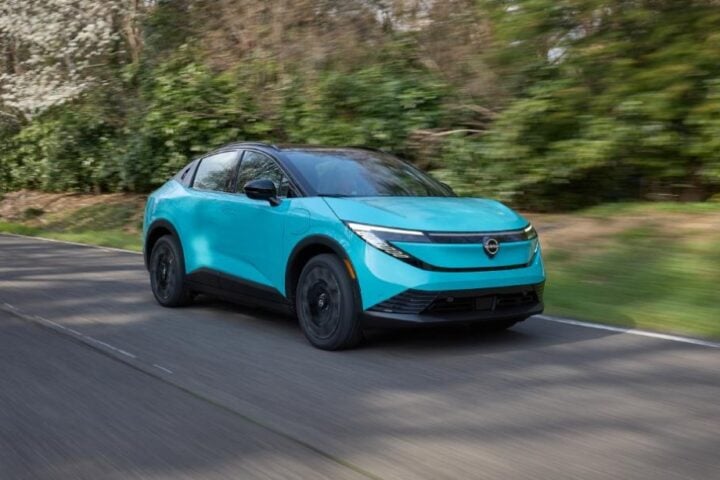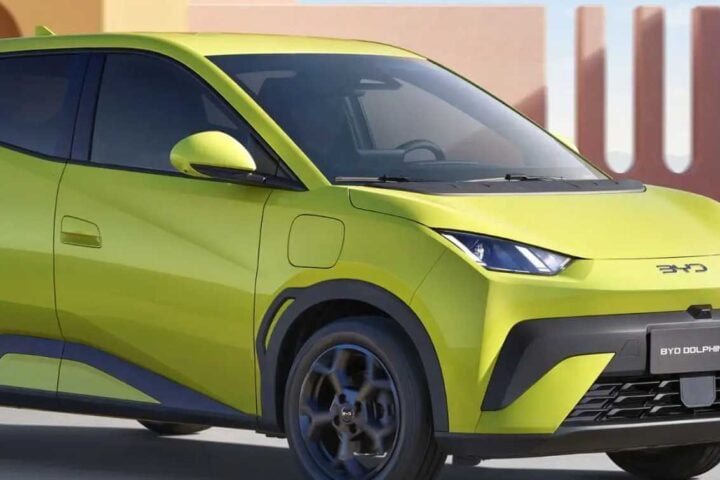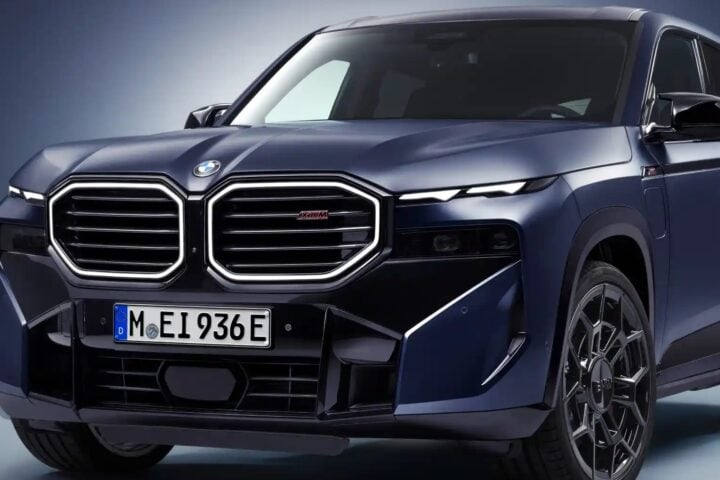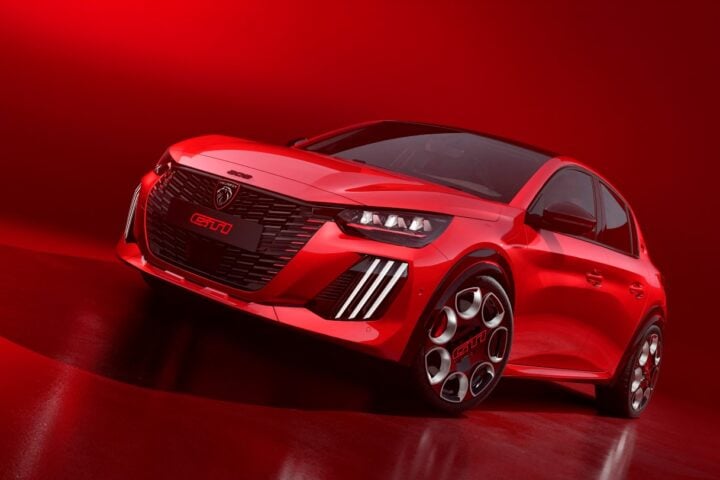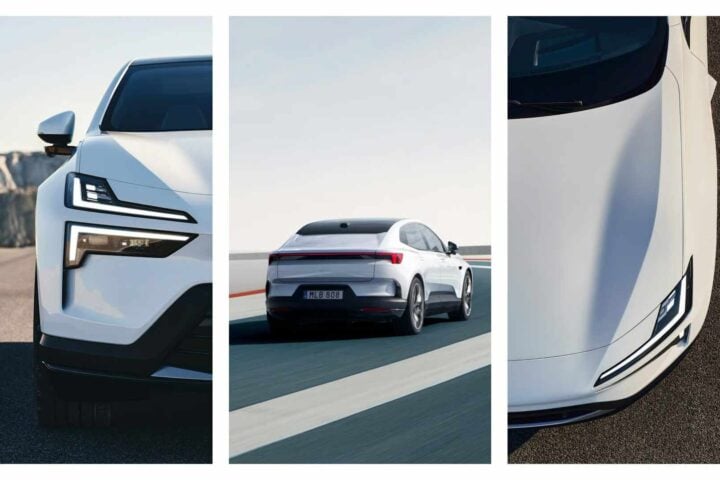Volkswagen has recently announced the commencement of its inaugural local self-driving program in Austin, Texas, marking a significant stride in its efforts to gain momentum in the self-driving car market.
The iconic ID Buzz electric van, a highly anticipated successor to the beloved Microbus, will spearhead this initiative. By the end of the year, Volkswagen plans to deploy ten of these vans on the streets of Austin, following thorough testing scheduled to begin in July.
As a German automaker determined to demonstrate its capabilities in an industry marked by the challenges faced by its US-based competitors, Volkswagen aims to launch autonomous ride-hailing and goods delivery services by leveraging a strategic partnership with Mobileye, a leading supplier in the autonomous driving technology space. The company intends to utilize two ID Buzz vans for testing, marking the renewed commitment to its autonomous vehicle endeavors.
These customized electric vehicles will employ lidar (light detection and ranging), a radar system, and cameras to navigate pre-mapped areas of downtown Austin. Equipped with Mobileye’s autonomous driving platform, the vans will operate within carefully selected zones established through geofencing technology to ensure a controlled testing environment.
In its commitment to safety during the initial stages, Volkswagen will include human safety drivers within the vans. The choice of Austin as the first US hub was influenced by the city’s innovation-friendly environment and receptiveness to autonomous technology, as highlighted by Katrin Lohmann, President of Volkswagen ADMT.
According to reports, Volkswagen plans to expand its Austin fleet and commence testing in at least four more American cities over the next three years. The collaboration with Mobileye offers several advantages, including access to the supplier’s supply base and map data, enabling the German manufacturer to achieve economies of scale and cost reduction.
Similar Post
Christian Senger, a Volkswagen board member overseeing autonomous driving initiatives, has emphasized the company’s ambitious objective of delivering fully autonomous vehicles as a practical and scalable product.
While Volkswagen faces its fair share of challenges on the path to excellence, it recognizes the importance of thorough testing and continuous advancement, learning from the experiences of other autonomous vehicle companies such as Tesla, Cruise, and Waymo, which have encountered setbacks and unforeseen road hazards.
The potential for catastrophes raises concerns about the performance of Volkswagen’s vans, as demonstrated by General Motors’ encounters with law enforcement in San Francisco. Nonetheless, Volkswagen remains optimistic about the future of its self-driving program despite these concerns.
As a privately-owned company, Volkswagen strategizes to offer autonomous ID Buzz vans and fleet management capabilities to businesses in the ride-sharing and delivery sectors. Its focus lies in selling its fleet to other organizations rather than operating its own ride-sharing service.
With its revitalized self-driving efforts and strategic partnership with Mobileye, Volkswagen has adopted a practical and realistic approach to enter the nation’s autonomous vehicle market. As the company embarks on this journey, it must demonstrate the capabilities of its vans, address safety concerns, and prove its ability to achieve its goal of entirely autonomous vehicles as a viable commercial product.
Only time will reveal whether Volkswagen’s autonomous vans can overcome the challenges ahead and establish a solid presence in the rapidly advancing and fiercely competitive US autonomous vehicle market.
